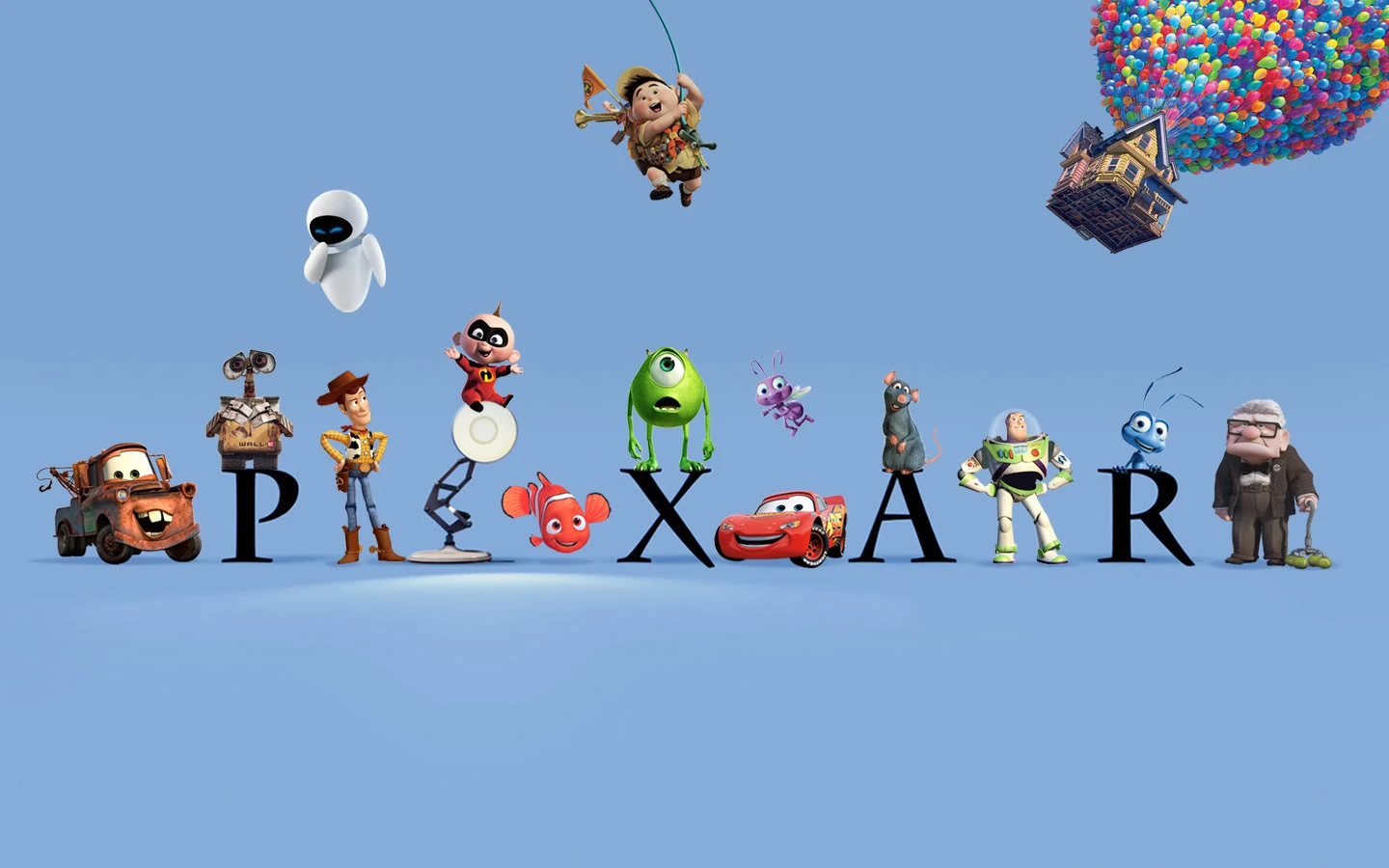
I am a huge Pixar fan. I'm more than slightly obsessed with each one of their films and, of course, their Pixar Shorts. So when Finding Dory came out, I got so pumped. Not only because of the improvements of Pixar's animation capabilities and the amazingly cute Pixar Short (Piper), but because of the revelation of "the ultimate easter egg." Apparently, the "septipus" Hank has been in every single Pixar movie along with the other (much less hidden) easter eggs: the Pizza Planet van and the A113 number. Of course, because this "septipus" has the ability to change its skin color to hide into its surroundings, Hank is very hard to find. But just because we can't always see him, does that mean he isn't there?
Let's take air for example. Can we "see" air? We can see the affects of air on Earth as a whole, but we can't see air in itself. Does that mean it isn't there? Well, take a deep breath. Exactly. Of course it exists. My point: just because we can't see something doesn't mean it isn't there. As a matter of fact, many of the things that keep us living cannot be seen regularly or even at all. Including God.
I think we can all agree that we rarely, if ever, see God. If we ever saw His Fullness and recognized it, we'd die. Shout out to Blessed Imelda (read about her here:
http://www.catholic.org/saints/saint.php?saint_id=125 ).
Because we are visual creatures, it is very hard to believe in something that isn't being seen. AKA God. The same applies to "feeling" God in our lives. Many times in prayer we don't feel that "spiritual high" or that "emotion" where we can really sense that God is present. While these moments are amazing and very beneficial, it is dangerous to place our relationship with God on an emotion. Why? Because emotions and feelings come and go while God is always present. If we base our relationship on a feeling or emotion then we will not recognize that God is present when these feelings and emotions are not. And God is always present.
Imagine a friend standing by you with his/her hand on your shoulder. Is he/she there? Yes. Now imagine the friend take the hand off the shoulder. Is he/she still there? Yes. You may not feel the touch of the friend but that doesn't lessen his/her actual presence. The friend is still there. This is the same with God. Because God is God and therefore must be present in and with all things, He is there. We may not feel Him but that doesn't mean He is not there. Are you alive? If so, God is present. Praise the Lord for His Presence!
President Abraham Lincoln says, "To believe in things you can see and touch is no belief at all; but to believe in the unseen is a triumph and a blessing." Let us pray to have faith in this belief!
God bless you all,
JP

